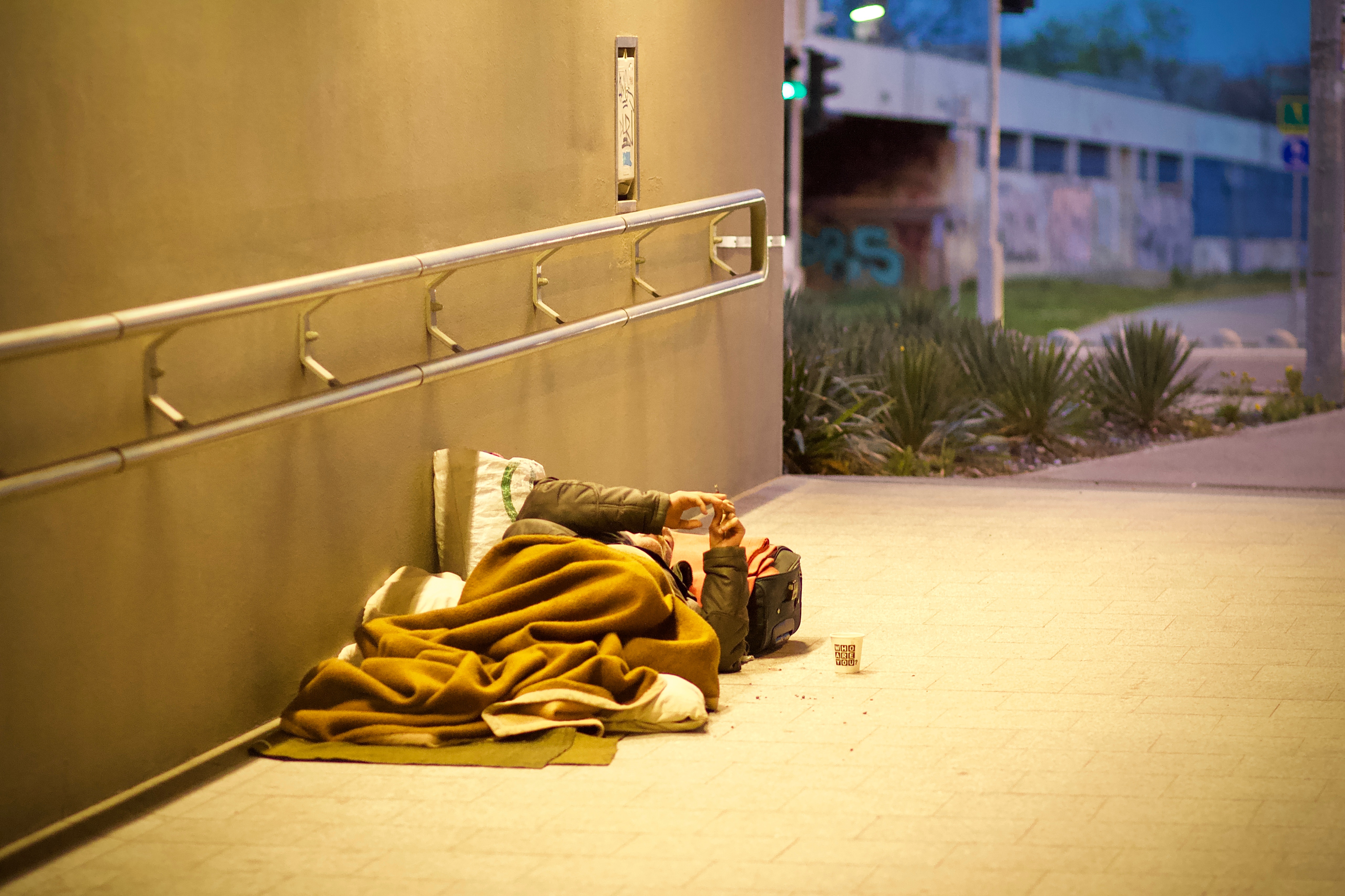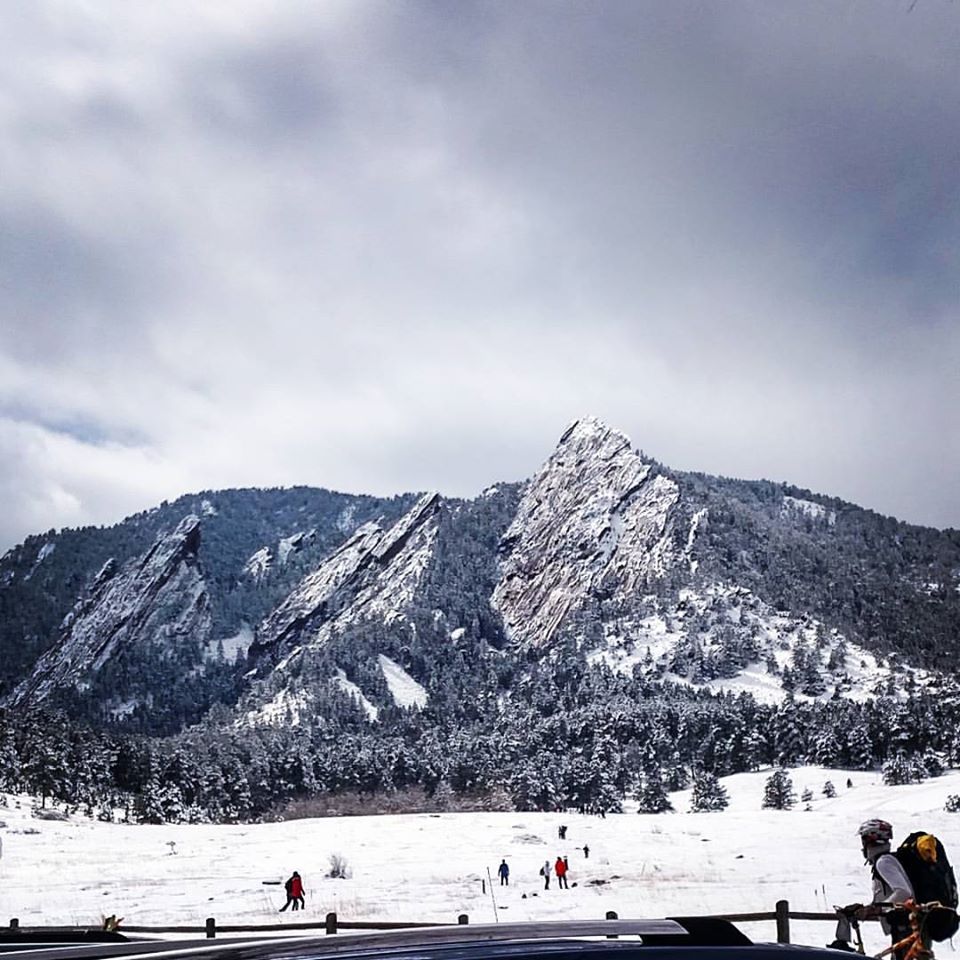
City Council on Tuesday failed to get five votes needed to extend severe weather sheltering in Boulder, a proposal brought forward by Mayor Suzanne Jones and councilman Aaron Brockett last month after they attended a vigil for homeless residents who died in 2018.
Their proposal was that emergency cold-weather shelters be open every night of the winter season, from Oct. 1 to April 30, rather than beds being made available only when certain weather conditions are forecast. Currently, that threshold is a predicted low of 32 degrees, or 38 degrees with anticipated precipitation.
Severe wealth sheltering, this year run by local nonprofit Bridge House, already operates nearly every night during colder months. Staff estimated that running it constantly in December, January and February would add only $4,000 to costs. Keeping it open all winter would require an additional $40,000 on top of the $100,000-or-so spent annually now.
Boulder contracts with Bridge House for sheltering services, paying them up to $140,000 per year. In warmer winters, the shelter is needed for fewer days, and therefore costs are less. That is in addition to Bridge House’s contract for Path to Home navigation, which directs clients to various services and programs.
The issue for council was not cost. Rather, members said they didn’t wish to undermine the new coordinated entry system that prioritizes services and housing over sheltering. City housing and human services staff, as well as leaders of Bridge House and Boulder Shelter for the Homeless, recommended against expanding severe weather sheltering for this reason.
An always-open winter shelter is unlikely to achieve the city’s homelessness goals and may have unintended consequences, said Wendy Schwartz, including that it might increase transient migration from nearby communities with less-stringent policies and discourage homeless residents from accessing more effective services. Severe weather sheltering is available without people being forced to go through coordinated entry, while other sheltering is not.
That has been a sticking point for homeless advocates, who say homeless residents have good reason for preferring to remain on the streets. A warm place to sleep and the life safety it provides should not be conditional.
“Boulder City Council just decided that beating homeless people with a stick is the way to motivate them to seek exits from their situation,” Darren O’Connor, of Boulder Rights Watch, wrote in a Facebook post shortly after the meeting. “Provide more resources to exit homelessness, and people will seek them.”
Several members of the public also spoke in favor of expanded shelter services during the night’s open commentDedicated time at the beginning of regular council meetings, where up to 20 members of the public ca... session, noting the unreliability of a model based on weather forecasts that are often wrong and feel arbitrary.
“Can you really tell the difference between 32 and 33 degrees?” asked Megan Arango, an area teacher. “Please let’s not punish our homeless neighbors by risking their lives.”
Council members Mary Young, Bob Yates and Lisa Morzel argued that the more compassionate route was one that took people permanently out of homelessness.
“There are times you have to strongly incent people that there is a much better outcome on the other side than hanging out on the street,” Morzel said. “We’ve been trying for a long time to improve homeless situation, and nothing has worked as much as” coordinated entry. All-winter sheltering would be “a complete step backward.”
Jones, Brockett and Cindy Carlisle challenged the notion that a few extra days of shelter service would undermine the city’s approach to homelessness.
“If we offer somebody a place to sleep when its 33 degrees outside, it is in no way saying we don’t believe in their ability to get off the streets,” Brockett said. “It’s in no way to say we should stop doing housing focus.” While a carrot-and-stick approach is appropriate, the incentive shouldn’t be “forcing people to sleep outside on a really cold night.”
Councilman Sam Weaver, who felt similarly, raised a compromise: open severe weather sheltering when temperatures dip below 40. Yates countered with a lower threshold of 35 degrees. But Morzel and Young remained firm: “It’s essentially opening the shelter every night,” Young said.
Staff, too, was not swayed by the proposal. Yates and councilwoman Mirabai Nagle also sided with the “nays” after listening to staff’s arguments.
The issue of homeless services will return to council on March 19, when the first full year of data from the coordinated entry program is available.
— Shay Castle,
boulderbeatnews@gmail.com, @shayshinecastle
Want more stories like this, delivered straight to your inbox? Click
here to sign up for a weekly newsletter from Boulder Beat.
Homelessness Aaron Brockett Bob Yates Boulder Boulder Rights Watch Boulder Shelter for the Homeless Bridge House Cindy Carlisle city council city of Boulder Darren O'Connor homeless services homeless shelter homelessness human services Lisa Morzel Mary Young Mirabai Nagle Sam Weaver severe weather shelter Suzanne Jones unhoused winter

